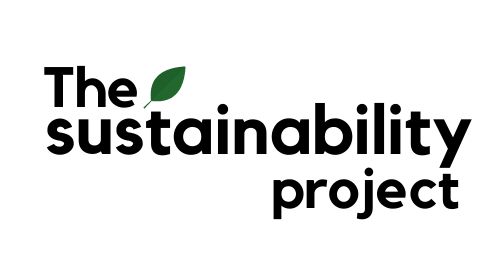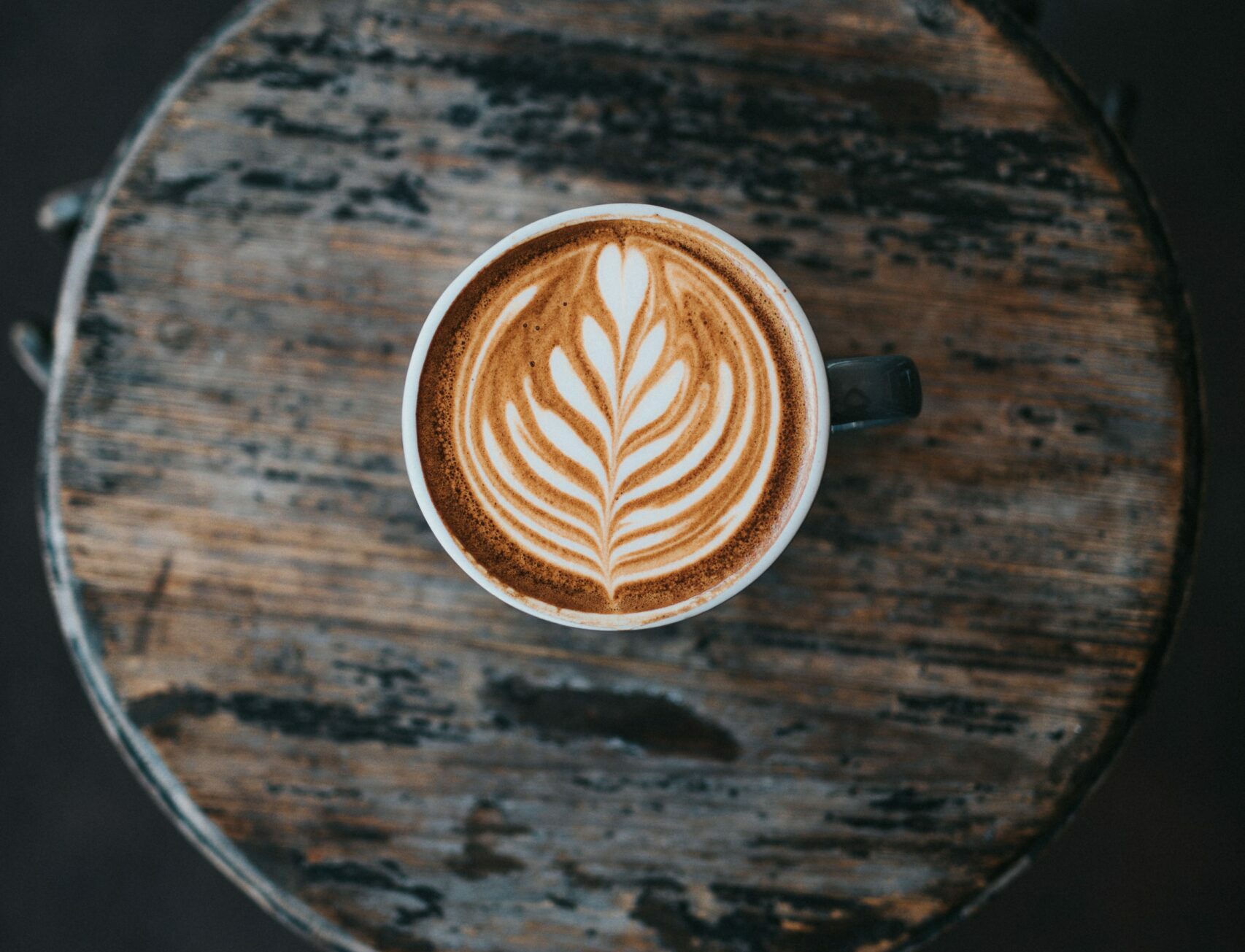There’s nothing quite like the feeling of the first sip of iced coffee on a hot day or grabbing a coffee at a cafe to get work done. For many of us, coffee has become a daily necessity – whether is it to kickstart your day, to accompany you during your tea break or simply just to enjoy the drink by itself.
In 2020, 6 million kg of coffee was consumed in Singapore. Like many other products, each cup of coffee leaves a carbon footprint which comes from the growing of the bean, roasting and brewing to get that precious cup of coffee. Packaging for coffee beans, used coffee grounds and disposable coffee cups all end up in landfills. Waste from coffee production factories are released into natural waterways that end up in water bodies.
Read More: Coffee species could go extinct
You might be thinking, “Oh boy, that is a lot of waste generated!” However, this does not always have to be the case.
Here are some steps you can take to make drinking coffee easier on the environment!
1. Drink coffee from brands that support sustainability
Fairtrade Certified Coffee
Firstly, look out for coffee that is Fairtrade Certified. Fairtrade is an NGO that works to ensure fair trade for both producers and consumers. Fairtrade Certified Coffee have been subject to rigorous standards that protect the environment, empower producers, and support local communities. The Fairtrade Standards cover environmental protection, including:
- energy and greenhouse gas emission reduction
- soil and water quality
- biodiversity protection
- prohibition of genetically modified organisms and harmful chemicals
- waste management
Coffee brands that are Fairtrade certified and available locally include Cafédirect and Pro Coffee. Read more about the environmental impact of Fairtrade coffee here.
Local, Sustainable coffee roasters
Other than just supporting Fairtrade businesses, you can also purchase from local based, sustainability focused coffee roasters. This means businesses with a greater emphasis on their ethical, social and environmental impact while maintaining the quality of their products.
Hook Coffee is a home-grown brand founded by two Singaporeans. They have taken on the mission to ‘make great and responsible coffee accessible to everyone’. According to the brand, ‘We’re big on sustainability so we give you ethical choices and traceability. Our farmers receive a bigger share of the final retail value and this is just one of the ways we show support for their skills and hard workas growing and processing specialty coffee is a real art.’
Another brand to look out for is Perk Coffee. With an interesting back story, Perk Coffee has a commitment to bring their customers ‘an ethical, sustainable product.’ They support their farmers by ensuring that they are paid above Fairtrade price for all their coffees.
Foreword Coffee Roasters has a strong focus on sustainability represented by 3 pillars – people, coffee and environment. In terms of environmental sustainability, they encourage ‘the BYO movement, choosing eco-friendly packaging and reducing the use of disposables’. Their cups are made of PLA, a polymer made from renewable resources such as cornstarch, & PHA straws instead of plastic at their cafes. They also use FSC-certified paper for packaging and their coffee bags are even home compostable.
Read More: Foreword Coffee Roasters’ efforts towards sustainability
Do make a visit to their cafes at:
- Canberra Plaza
- Temasek Shophouse
- Yong Siew Toh Conservatory of Music
- Centre for Healthcare Innovation
- Civil Service College
2. Bring your own coffee cup
According to Green Match, the world uses up to 16 billion disposable coffee cups each year. Those cups represent 6.5 million trees cut down, 4 billion gallons of water and enough energy to power 54,000 homes for a year.
The largest environmental burden in the coffee industry might just be the extensive use of disposables. Although one plastic or paper cup may not seem like much waste or resources, it adds up to a much larger problem.
The simple solution to this huge issue is just to bring your own reusable coffee cup. Consider investing in a good reusable cup if you frequent cafes. There is another added benefit to doing your part for the environment – the Bring Your Own (BYO) Campaign.
Under the BYO Campaign, retail outlets offer incentives to customers who bring their own reusables. Take a look at the cafes participating in this campaign and read more to see the discounts you can enjoy with your reusable cup here.
3. Opt for more sustainable milks
Although dairy milk is the most common and popular choice for coffee, it might not be the most sustainable one.
Producing a glass of milk releases almost 3 times the amount of greenhouse gas emissions than any other non-dairy milk. Cow milk ranks the highest in terms of emissions produced and resources used. In the US, 38 litres of water are used to produce 1 litre of cow milk. More than 93% of that water is used to grow feed for dairy cattle. Each cow produces 250 to 500 litres of methane a day.
Let’s compare plant milk alternatives:
Almond milk
California produces 80% of the world’s almond supply. Almonds, and nuts in general, require a lot of water to grow. 1 Californian almond takes around 12 litres of water to produce. Furthermore, California suffers from a severe drought issue, and almond growing does not alleviate this problem. In terms of nutrition, much of the nutrients in almonds are lost when they are made into milks. Hence, almond milk does not fare well when compared against other plant milks for nutrients. In conclusion, almond milk is more sustainable than dairy milk, but not the best plant-based milk option.
Oat milk
Producing oat milk uses the least water among all non-dairy milks. Oat milk is more nutritious than almond milk, but not quite as nutritious as soy milk. A recent report shows that oats often contain unsafe amounts of glyphosate, a herbicide, as farmers spray herbicide right before harvest. However, you can avoid this by purchasing from brands that use organic oats or oats that are certified glyphosate free. Overall, oat milk is a more favourable choice among plant-based milks.
Soy milk
Soy milks are one of the most sustainable milks. Since soy milks are one of the most nutritious milks, this further justifies the resources poured into their production. However, to meet the growing demand for soy milk, parts of the Amazon Rainforest are being deforested for soy plantations. Soy plants are also genetically engineered to survive glyphosate, a pollutant in natural environments and a threat to farmers’ health.
Thankfully, like oat milk, there is a way around these downfalls. You can choose brands that use organic or non-gmo soy beans, and do check the Country of Origin of the soy milk. Be cautious about purchasing from countries that share the Amazon Basin, including Brazil, Colombia and Peru. This is because such brands might contribute to the deforestation issue mentioned earlier.
Altogether, plant-based milks are still a much more sustainable option than dairy milk. Choosing between oat milk and soy milk is up to personal preference, whether you are looking at taste or nutrition etc.
4. Repurpose used coffee grounds
Lastly, instead of just throwing out the used coffee grinds, you can repurpose them in several ways.
- Turn your coffee grounds into an exfoliating body scrub
- Fertilise your plants with used coffee grounds
- Use your coffee grounds as an organic deodoriser
- Scour your pots and pans with coffee grounds
- Transforming them into coffee grounds soap
For the plant-owners out there, you can use your coffee grounds as fertiliser to add nitrogen to the soil. However, coffee grounds work better for specific plants as they are acidic and nitrogenous. Do be careful about adding them to your plants. Read up more about coffee grounds in gardening here.
Coffee grounds also act as an organic deodoriser. Put a bowl of coffee grounds into your fridge to remove the strong food smells or in a cupboard to freshen it up. Not only do they remove the odours, they also add a hint of coffee scent. Do change your coffee grounds monthly to keep spaces smelling fresh!
Lastly, take advantage of the coarse coffee grounds by using them to scour pots and pans. To get rid of the built-up gunk, scatter the grounds on your cookware and scrub with a soft sponge, brush or rag. Remember to wash your pot or pan well after to thoroughly remove the coffee taste.
We can live sustainably by sparing a thought for the earth in our everyday choices and tasks. As we enjoy coffee, a gift from nature, let us also do our best to give back to the earth!
Read More: Nespresso and Sustainability




